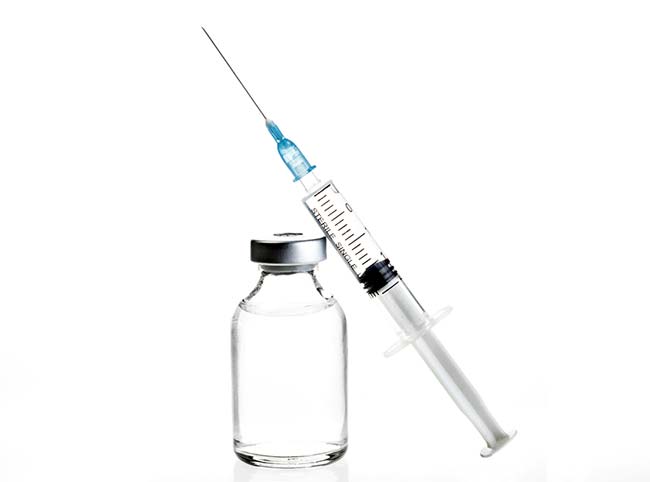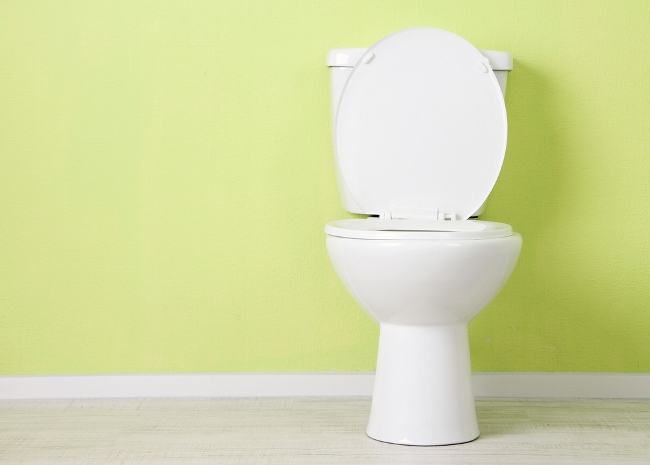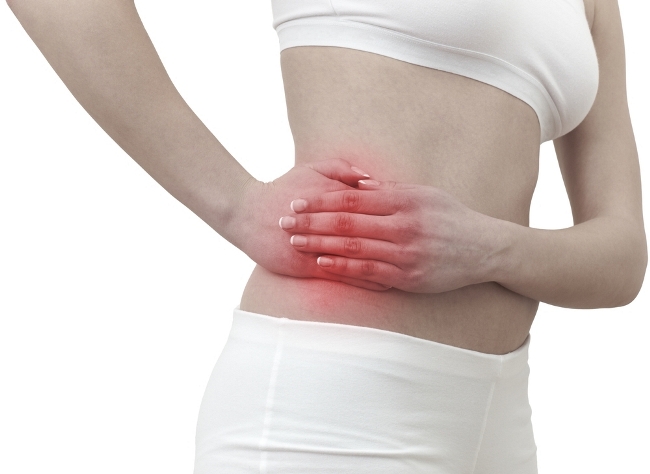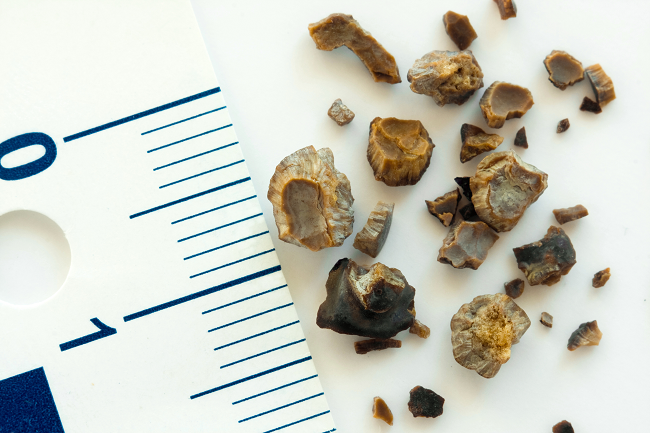
by Eric S. Rovner, MD Professor of Urology Medical University of South Carolina | Nov 1, 2017 | Regain Health, Urology & Incontinence, Urology, Incontinence & Pelvic Floor
Overactive bladder (OAB) is a condition characterized by urinary urgency, frequency with or without incontinence, and is often treated with a combination of behavioral therapy, pelvic floor exercises and/or pharmacotherapy. A variety of oral pharmacological drugs and...

by by: Anand Shridharani, M.D. & Geoff McGowen, N.P. | Oct 15, 2016 | Men's Health, Sexual Health, Urology & Incontinence
Most people know about the hormonal changes women experience when they reach menopause. But did you know men also go through hormonal changes that can severely affect their livelihood as they grow older? TDS or testosterone deficiency syndrome is common and highly...

by erlangerhealth | Mar 1, 2016 | Men's Health, Regain Health, Urology & Incontinence, Urology, Incontinence & Pelvic Floor, Women's Health
More common in women than in men, overactive bladder can be an inconvenient, uncomfortable, and disconcerting condition. However, several treatment options are available. Frequent urination, sudden and overwhelming urges to urinate, and urinary leakage throughout the...

by by: The UT Erlanger Urology Team | Feb 18, 2016 | Stay Well, Urology & Incontinence, Urology, Incontinence & Pelvic Floor
More than 500,000 Americans visit the emergency room with kidney stones each year. These hard, often painful-to-pass mineral deposits develop when crystal-forming waste products — such as calcium, oxalate, struvite, and uric acid — become too abundant for the fluid in...

by erlangerhealth | Nov 20, 2015 | Men's Health, Sexual Health, Stay Well, Urology & Incontinence
Testosterone deficiency, also known as hypogonadism, affects approximately 4 out of 10 men over the age of 45. It’s a common condition that’s often brought on by chronic medical conditions, such as high blood pressure, diabetes, infections (including HIV/AIDs),...

by Pat O’Donnell, M.D. | Sep 23, 2015 | Men's Health, Regain Health, Stay Well, Urology & Incontinence, Urology, Incontinence & Pelvic Floor, Women's Health
It starts suddenly with a sharp, stabbing pain — usually in the flank or lower abdomen. As the waves of pain progress, nausea and vomiting may occur. No matter how hard you try, the pain won’t go away. What could cause such a sudden problem? It could be a kidney...













